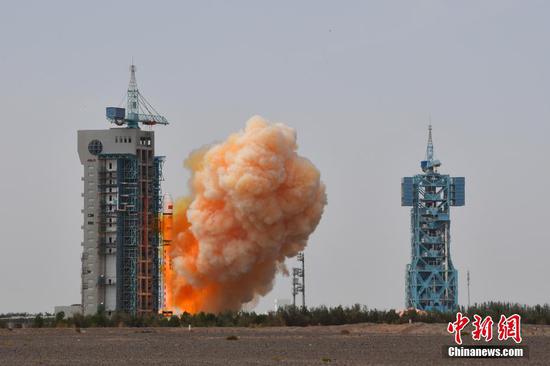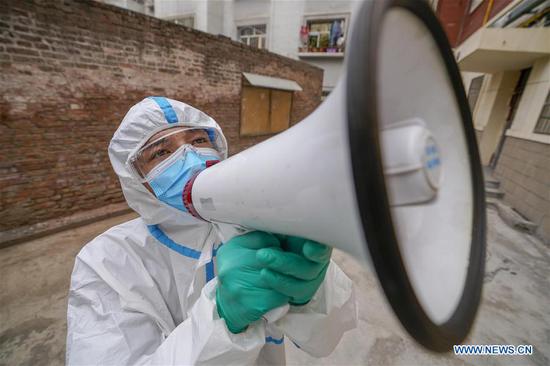A signed article by Yang Jiechi, a member of the Political Bureau of the Communist Party of China (CPC) Central Committee and director of the Office of the Foreign Affairs Commission of the CPC Central Committee was published Friday.
Below is the full text.
Respect History, Look to the Future and Firmly Safeguard and Stabilize China-U.S. Relations
The relations between China and the United States are among the most important bilateral relationships in the world. To safeguard and stabilize China-U.S. relations concerns the welfare of the Chinese and American peoples and people in the world. It also bears on peace, stability and development in the world. President Xi Jinping pointed out, back in 2014, that past and current experiences show that China and the U.S. stand to gain from cooperation and lose from confrontation. China and the U.S. working together can make great things happen for the two countries and the world at large, while China and the U.S. stuck in confrontation spells disaster for the two countries and beyond. It is important for both China and the U.S. to stand high and look far, and work together to increase cooperation. Commitment to cooperation and non-confrontation between China and the U.S. brings benefit to both countries and to all in the global community. In the exchange of congratulatory messages between the two Presidents on the 40th anniversary of China-U.S. diplomatic ties, President Xi Jinping pointed out that over the past four decades, the bilateral relations have made historic progress despite twists and turns, delivering tremendous benefits to their peoples and contributing significantly to world peace, stability, and prosperity. History has made it abundantly clear that there is no better option than cooperation for both countries. The U.S. side also recognized the enormous progress in U.S.-China relations achieved over the decades.
The world is now going through major changes unseen in a century, and peace and development remain the overriding theme of the times. To uphold world peace and promote development for all is the shared mission and responsibility for China and the U.S. What it requires is for the two countries to view and handle their relationship in a proper manner and seek a way of peaceful co-existence despite differences. It was based on such a recognition that China and the U.S. agreed to work together toward a new model of major-country relations featuring non-conflict, non-confrontation, mutual respect and win-win cooperation. It was also based on this recognition that the two sides, after the current U.S. Administration took office, agreed to jointly promote a China-U.S. relationship based on coordination, cooperation and stability.
Nonetheless, for some time, some politicians in the U.S. have kept making false statements and groundless remarks against China. They have viciously attacked the Communist Party of China (CPC) and China's political system. They have deliberately distorted and even attempted to write off the history of China-U.S. relations for the past nearly 50 years. What they are up to is to stitch up lies to blind the American people and fool international public opinion. For the international community, it is clear that the U.S. Administration has chosen unilaterally to be provocative. The erroneous words and moves by the U.S. Administration constituted interference in China's internal affairs. They undermined China's interests and seriously disrupted China-U.S. relations, putting the relationship in a most complex and grave situation since the establishment of diplomatic ties. In response to the U.S. move, the Chinese Government has expounded its position in a comprehensive manner and reacted resolutely to firmly defend China's sovereignty, security and development interests and firmly safeguard and stabilize China-U.S. relations.
A sound and stable China-U.S. relationship affects the well-being of China, the U.S. and the world at large, both now and in the future. It is what the peoples of both countries and the wider world expect to see. We must never allow a handful of self-serving U.S. politicians to push the relationship into serious jeopardy.


















































